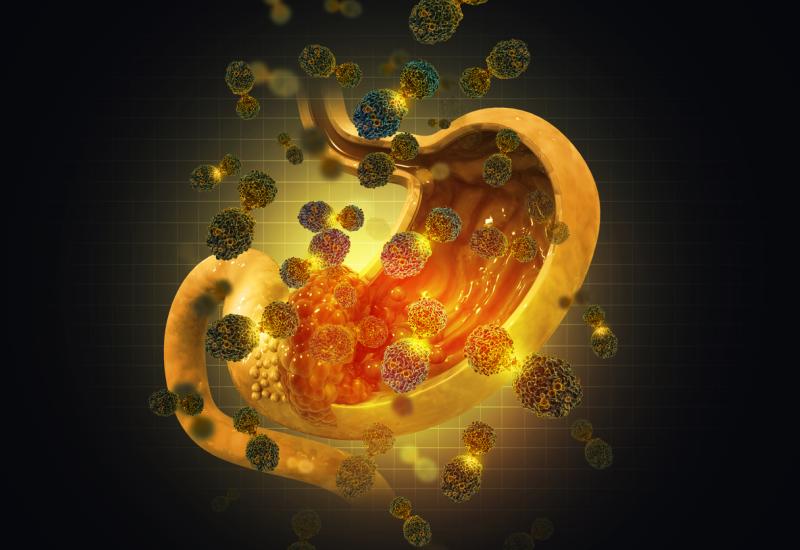
AstraZeneca's phase 3 TIGIT surprise

Although AstraZeneca had already disclosed in February that it would move its anti-TIGIT/PD-1 bispecific antibody rilvegostomig into phase 3 this year, no details had been provided on its development strategy plans. The surprise came this Wednesday when the phase 3 study was posted on clinicaltrials.gov. Rilvegostomig will be evaluated in combination with chemotherapy as adjuvant therapy in patients with biliary tract cancer (BTC). The Artemide-Biliary01 trial, set to start in December, intends to enrol 750 BTC patients (intrahepatic or extrahepatic) and the primary endpoint will determine the recurrence-free survival versus chemotherapy alone. Targeting a small indication in a setting without approved checkpoint inhibitors leads to speculation that Astra might be looking for a relatively easy approval pathway for this asset. TIGIT evaluation in BTC is extremely limited, and Merck & Co.'s Keyvibe-005 basket trial for the fixed-dosed combination of vibostolimab and Keytruda seems to be the only company-sponsored trial with a specific focus on these patients.
Other ongoing trials evaluating TIGIT in biliary tract cancer
| Asset | Trial name | Trial details | Sponsor |
|---|---|---|---|
Source: OncologyPipeline.
11326












